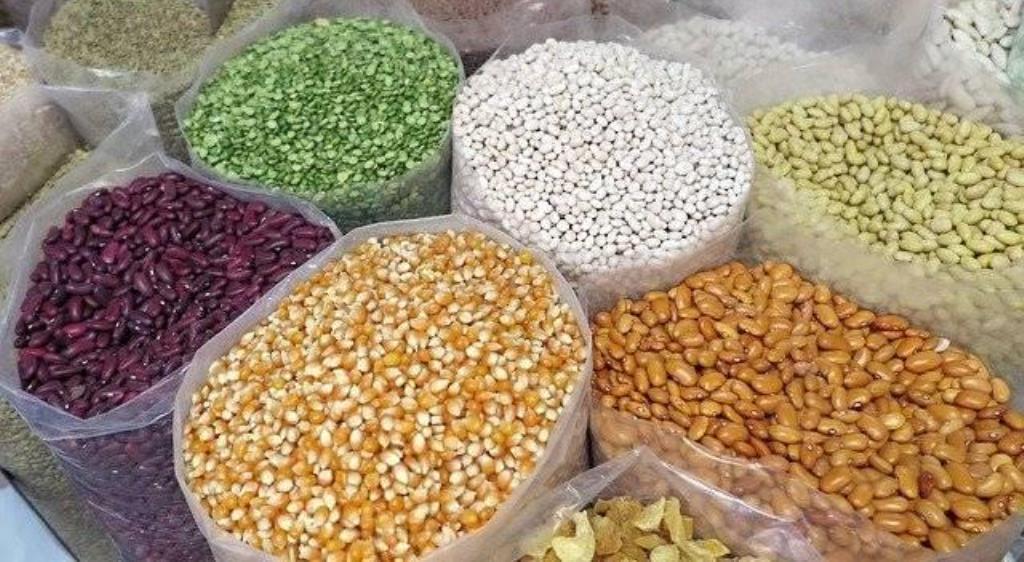Africa-Press – Tanzania. TANZANIA is today joining the rest of the world to commemorate World Food Safety Day calling for collaborative stakeholders efforts in ensuring what is consumed is safe and contribute to a healthy body.
Maintaining food safety is not a one-man show but should involve stakeholders’ contribution covering the whole production chain.
Food safety has a critical role in ensuring that food stays safe at every stage of the food chain from production to harvest, processing, storage, distribution, all the way to preparation and consumption.
It is from this background that in 2018, the World Health Assembly through its general meeting declared June 7 as the world food safety day.
The theme for this year’s food safety day is Safe food today for a healthy tomorrow’, which focuses on producing and consuming safe food. Having safe food gives an immediate, long-term benefit to people, the planet, and the economy.
When unsafe food is consumed, there is a greater chance of developing diseases in the human body. Food can be contaminated by many things including pathogens, poisonous chemicals, hard stones, bones and other garbage.
Therefore, when a person consumes food contaminated with pathogens, get stomach ailments like diarrhoea and other infectious diseases.
The effects of eating contaminated food may become disastrous if the person affected does not get proper treatments.
It is for this reason that the government decided to undertake a serious food safety initiative under the Tanzania Bureau of Standards (TBS) aimed at protecting its citizens from consuming unsafe food.
The TBS Senior Food Safety Officer, Immaculate Justine said each individual in the food production chain has a fundamental role to play to make sure that food consumed is safe.
According to her, food safety starts with the farmers at the fundamental stage. For example, proper ways of keeping animals for meat and milk should be observed. Likewise for good farming practices are to be properly followed for the safety of the consumers.
On business, people including transporters must keep and transport food in the safest way to avoid contaminations with pathogens that may affect the health of the consumers.
“Food should be transported most safely. For example for those needed to be transported or conserved in cold facilities should strictly be observed so that the quality of food remains for the safety of the users,” she said.
She added the facilities used to transport and carry food items from one place to another should be of high standards so that the quality of food remains intact.
She emphasised that despite the efforts aimed at reminding all stakeholders of the need to observe food safety standards, consumers have a great responsibility of ensuring that food consumed is safe.
When you go to the market to buy maize, must make sure that they are of high quality. This applies to all food items that before you decide to buy must make sure that they are in good condition including the facilities where they are conserved.
For industrial food items, she said consumers are required to read carefully the information provided by checking the date of manufacturing and expiry.
It is also true for those going to eat in restaurants that they should make sure the environment for which food is prepared is safe for their health.
She said on its part, TBS prepares standards for food items, inspect industries, markets as well as import food items so that they meet the required health standards.
Also, the Bureau has been providing public education on the need to observe food safety standards.
For example, business people need to know that when food items expire must be removed from the shelves and the same apply to consumers that must check the expiry date and other information before purchasing them.







